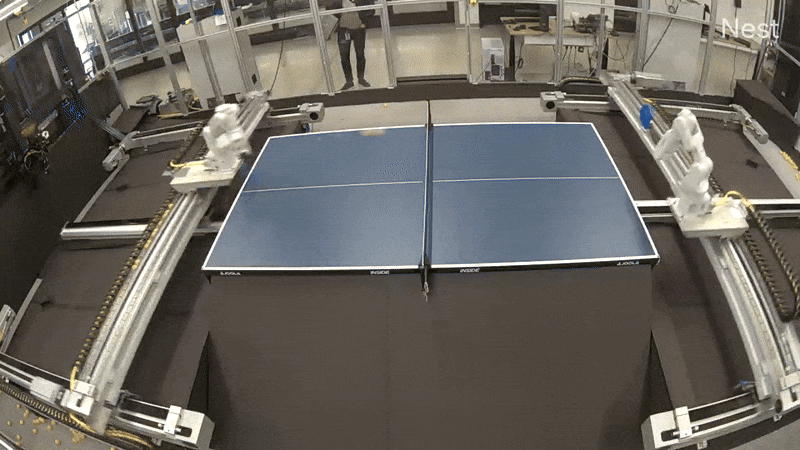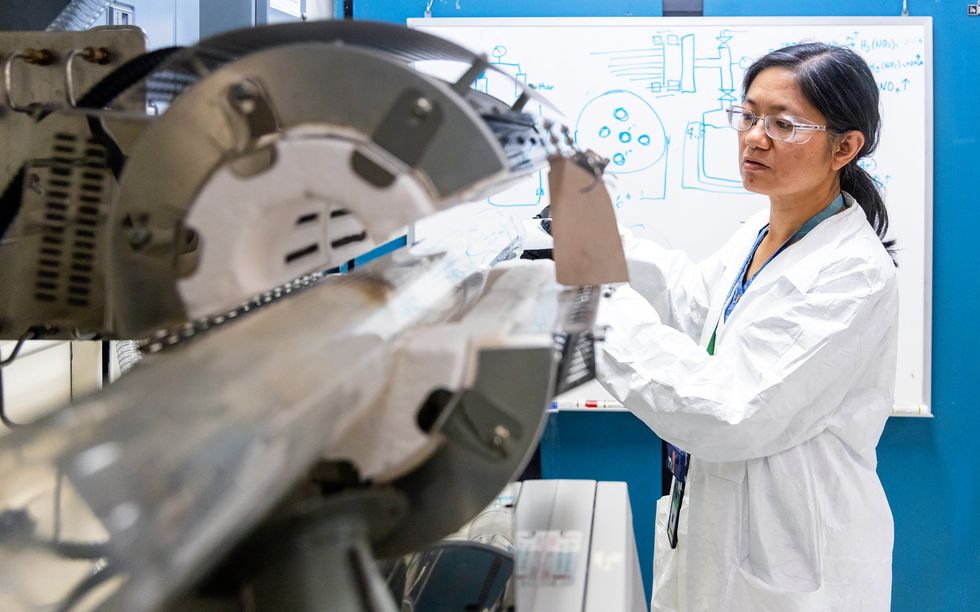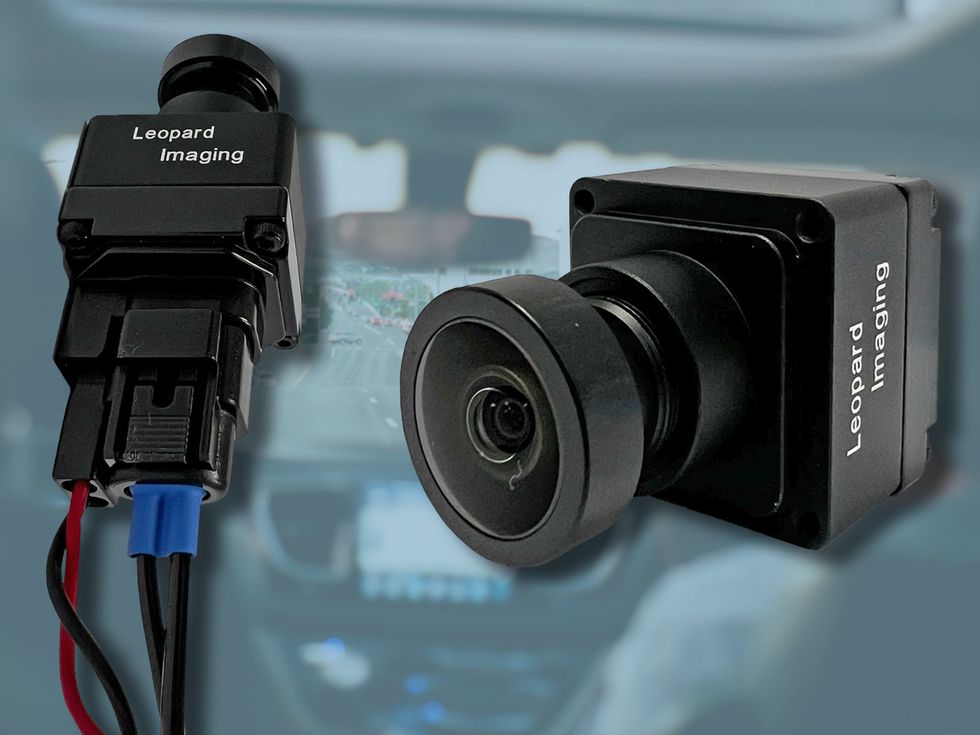Now Reading: DeepMind Develops Self-Learning AI for Table Tennis
-
01
DeepMind Develops Self-Learning AI for Table Tennis
DeepMind Develops Self-Learning AI for Table Tennis

Quick Summary
- Google DeepMind is exploring autonomous self-betterment in robotics with a focus on reducing human intervention during skill acquisition.
- A table tennis setup was chosen as a testbed due to its demands for precise control, real-time adaptability, strategic decision-making, adn physics-based challenges.
- Experiments showcase robot vs. robot play as a way to enhance skills through competitive self-play, but achieving stable progress remains challenging due to model constraints and local minima in learning outcomes.
- Robots performed better when trained against humans initially; they demonstrated amateur-level performance with mixed success rates depending on opponent expertise.
- Vision Language Models (VLMs), like Gemini, showed potential as AI coaches capable of synthesizing and refining robot behaviors without predefined reward functions by observing performance and providing optimization insights.
- DeepMind highlights the promise of these approaches for creating adaptable robots that can autonomously learn diverse skillsets needed for real-world environments despite critically important technical hurdles.
Indian Opinion Analysis
DeepMind’s advancements in autonomous robotics highlight an exciting frontier that holds immense relevance for India’s growth trajectory as industries increasingly integrate automation. The focus on reducing dependency on expert intervention aligns well with the country’s drive towards scalable manufacturing innovation given its resource constraints. if successful,such adaptive systems could facilitate cost-effective solutions across unstructured settings like agriculture or healthcare-critical domains in India.
Further exploration into robotic applications via competitive learning strategies may reveal broader implications regarding collaboration between human workers and machines within high-stakes environments. While still nascent, integrating vision Language Models appears promising for enabling quick iterations that could simplify deployment processes even in diverse multicultural contexts prevalent in India.
Significant barriers remain-specifically scaling models reliably-but these efforts align closely with global trends toward bright automation. India’s policymakers might benefit from tracking such developments to strategize future investments or partnerships addressing needs ranging from smart factories to education-driven robotics training programs.


























